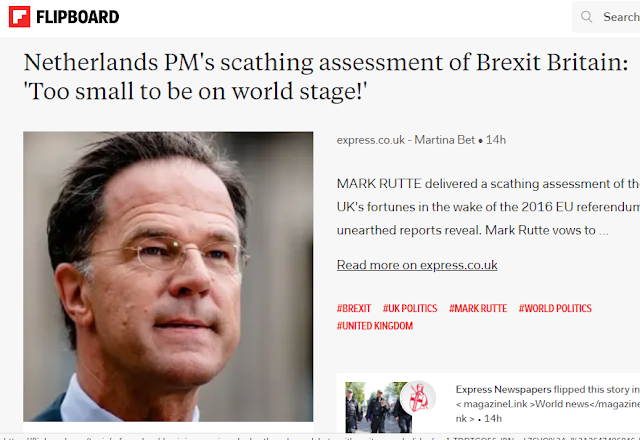Opinion: Merkel leaves Ukraine with a difficult legacy
Angela Merkel's farewell visits to Moscow and Kyiv are an occasion on which to assess her Eastern policy. Russia can be satisfied, but Ukraine has good reason to be disappointed, says Roman Goncharenko.
The unusually large German and Ukrainian flags on display at the press conference with Angela Merkel and Volodymyr Zelenskyy in Kyiv on Sunday were supposed to be symbolic of a special friendship. The German chancellor even said to the Ukrainian president, "We share a bond of friendship."
However, as Merkel's chancellorship draws to an end, that friendship is being severely tested.
Ukraine celebrates the 30th anniversary of its independence from the Soviet Union on Tuesday. Merkel has been chancellor of Germany for more than half of that time. Zelenskyy would have been happy to have her presence at the celebrations on Tuesday. She would also have been a welcome guest at Monday's Crimea Platform summit, a new forum designed to put the peninsula, annexed by Russia, on the international agenda.
But no: The chancellor made a point of coming earlier. This was not a gesture in Russia's favor; it is simply Merkel's political style never to commit herself too unequivocally.
Central role in sanctions against Moscow
Ukraine owes a lot to Merkel. It was no surprise that Zelenskyy presented her with the Order of Freedom. During Merkel's time in office, Ukraine has experienced the most difficult period of its recent history: the annexation of Crimea and the war in the Donbass region. As chancellor of the most influential country in the European Union, Merkel played a key role in the imposition of sanctions on Russia. Overall, however, her Eastern policy has been very mixed — and it is primarily Vladimir Putin who has reason to be satisfied. Not all of the Kremlin leader's wishes regarding Ukraine were granted under Merkel's chancellorship, but a great many of them were.
At the NATO summit in Bucharest in 2008, Merkel, along with the president of France at the time, Nicolas Sarkozy, opposed the rapid admission of Ukraine into the alliance. Because of this, Kyiv — rightly — accuses them of complicity in what happened in Crimea and the Donbass, as the decision sent a signal to Russia that NATO would not protect Ukraine.
The Minsk peace agreements, mediated by Merkel and the then French head of state, Francois Hollande, were signed in 2014 and 2015. However, on her recent visits to Moscow and Kyiv, Merkel established once again that they are not being implemented and that Ukrainian soldiers are still being killed. The situation in eastern Ukraine will remain a ticking time bomb for a long time to come.
Furthermore, the Nord Stream 2 gas pipeline is about to become operational, just in time for the end of Merkel's chancellorship. This will enable Russia to strike a powerful economic blow against Ukraine, as the pipeline will make it unnecessary for Russian gas to transit Ukraine. Nord Stream 2 is probably the biggest mistake Merkel has made in her policy on Russia and Ukraine.
An instrument Merkel did not use
The chancellor supported the Nord Stream 2 project and never wanted to use it as her most forceful instrument of pressure against Russia. There were many reasons for this, such as historical responsibility — which Merkel referred to when she laid wreaths at the graves of the Unknown Soldiers in Moscow and Kyiv. Business interests also played a role, and so did the Social Democrats, as coalition partners in the German government. Furthermore, Berlin is always intent on maintaining its contacts with Moscow as a means of helping to resolve crises around the world. Kyiv underestimated all of this and hoped for a long time that the project could be stopped.
Such German peculiarities are also not understood by those in Ukraine (including President Zelenskyy) who keep on requesting arms shipments from Berlin and keep on being refused. Historical responsibility leaves the German government no choice.
What Kyiv can hope for
The irony is that Merkel is handing Russia, of all countries, the most powerful "weapon" imaginable, in the form of Nord Stream 2 — which it can use not only against Ukraine, but also against Europe. Zelenskyy is undoubtedly right about this. Berlin has promised Washington and Kyiv that it will make sure that does not happen and will negotiate an extension of the transit contract when the current one expires in 2024. So far, however, Merkel has not received any assurances from the Kremlin.
With this in mind, it is understandable that Zelenskyy was barely able to hide his disappointment at the press conference with Merkel. Kyiv is hoping for concessions from Berlin once Merkel leaves office — including on the issue of NATO membership for Ukraine. These hopes, though, will come to nothing. Whoever succeeds Merkel as chancellor is hardly likely to break with German foreign policy tradition on this. But that also applies to sanctions against Moscow, non-recognition of the annexation of Crimea, and the extension of the gas transit agreement.



No comments:
Post a Comment